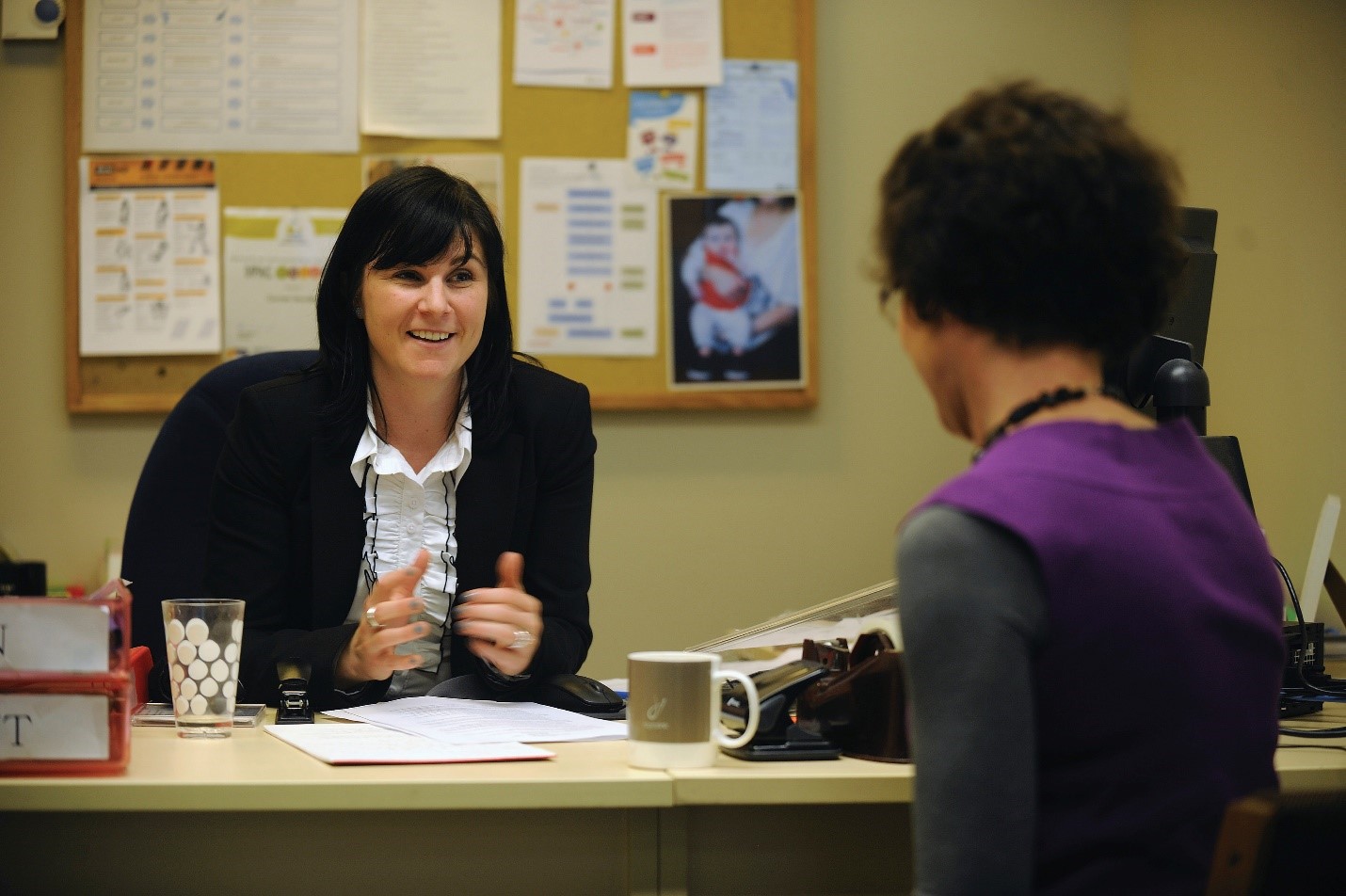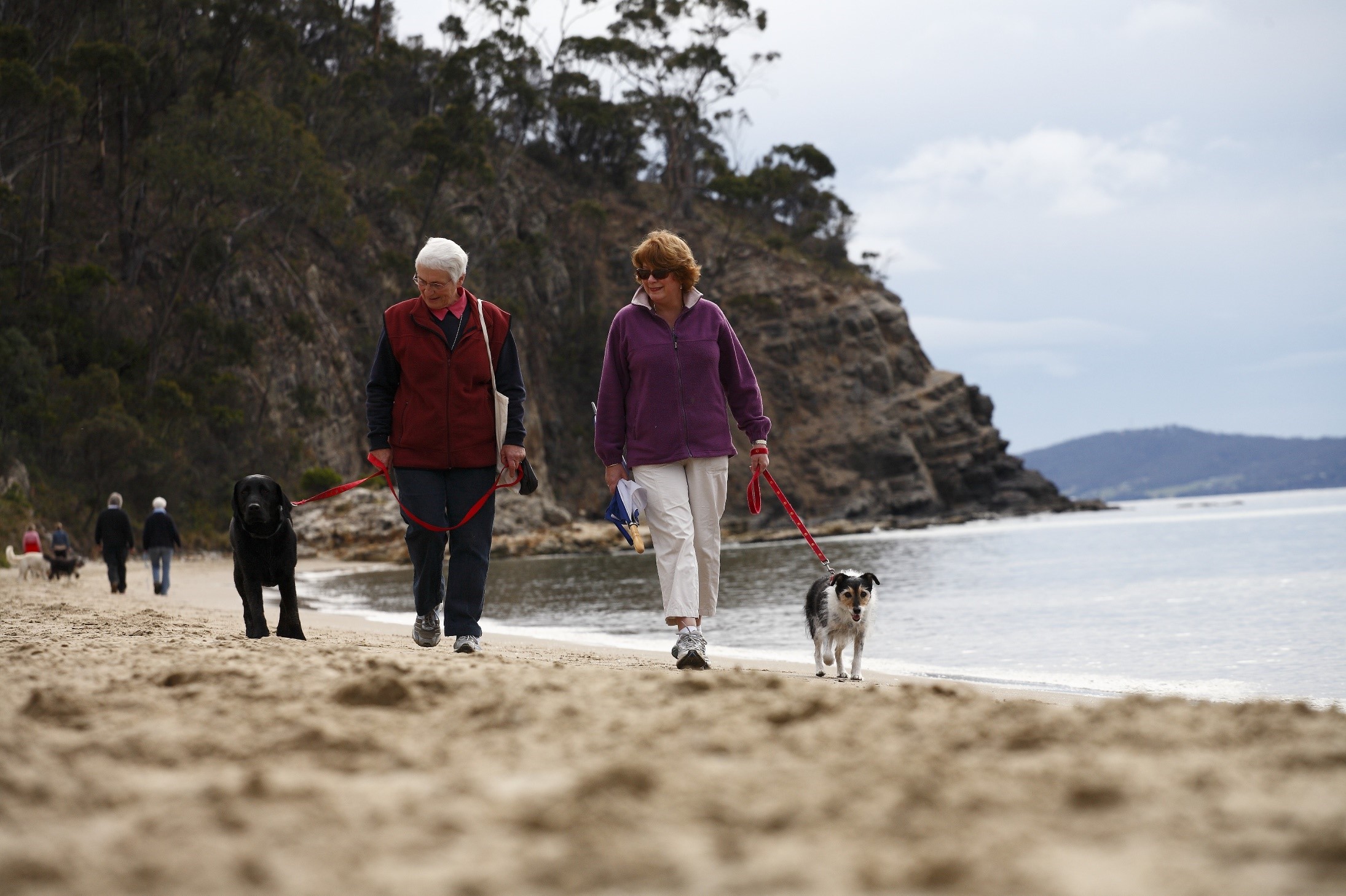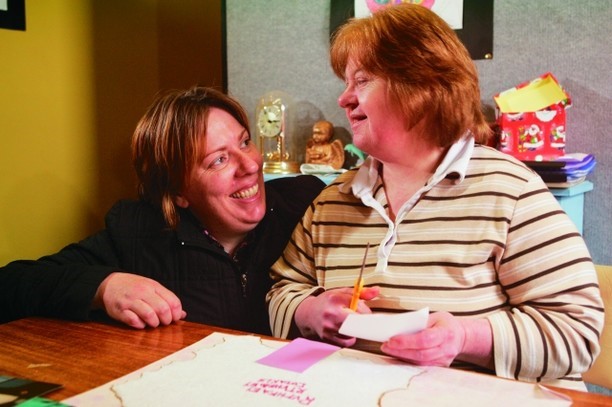
Divisions
- About the Tasmanian State Service
- Contact Us
- Aboriginal employment
- Culture of learning
- Diversity and inclusion
- Digital capability
- Employee surveys
- Employment arrangements
- Employment policy
- Managing performance
- Work health, safety and wellbeing
- Workforce planning and reporting
- Awards and Agreements
- Managing and leading change
- Senior Executives
- Managing Positions in the State Service (MPSS 2016)
- Legislation
- Coronavirus (COVID-19) Information for Staff
Contact Details
By phone
Find the number of a specific division or office to contact them directly or call Service Tasmania on 1300 135 513.
Our staff
Use the Tasmanian Government Directory to find staff contact details
Social media
Follow our social media accounts to keep up to date with specific programs and initiatives.
Information for Employees with Caring Responsibilities
Click to download this page as a PDF
Every carer’s situation is unique and there is no ‘one size fits all’ approach for supporting employees with caring responsibilities. The Carers Toolkit provides information about the range of supports available to individuals with caring responsibilities, as well as the support options available from organisations outside the Tasmanian State Service (TSS). This specific resource is designed to help you use the range of support options available, to help balance work, care and personal responsibilities.
Telling others about your caring role
Informing your manager or team leader about your care situation is an important step in accessing the support available for carers in the TSS. It can be challenging telling others about your care situation, as many of us like to keep our work and home lives separate. Managers and Human Resources will keep your situation confidential, however, unless you ask them to disclose it to service providers and colleagues. It is important to keep in mind that telling the people you work with about your care situation can be beneficial. From your agency’s Human Resources team, to your manager, team leader, and colleagues, the people you work with can be there to support you.
Informing your manager or team leader about your care situation is usually necessary to access support such as personal leave for caring purposes and workplace flexibility arrangements. This is because these arrangements usually require your manager’s or team leader’s approval. You might not need access to this support now, but letting your manager or team leader know about your caring responsibilities early on will make conversations about this and other forms of support easier if it becomes necessary later.
Your agency’s Human Resources team is also a valuable source of support. Consider contacting Human Resources for information about possible support provisions if you are uncomfortable going directly to your manager.
You may also consider sharing your situation with colleagues you feel safe with. Colleagues are often the people we turn to first when we need support in the workplace. You might be surprised to find that your colleagues understand the challenges you face, or face similar challenges themselves, making it easier to foster a supportive work environment and combine your work and care responsibilities.

“I am informal carer for my mentally ill adult son. This requires a level of acceptance, understanding and flexibility in the workplace. Apart from the formal supports available, it is beneficial to tap into supports within the work team. For many years I have worked with a line manager who has helped to care for his brother with the same mental condition. His wisdom and practical advice has been invaluable. He provided the opportunity for regular debriefing and became quite sensitive to my ups and downs as a result of caring. It was not unusual for him to intercept me on the way to a class we taught together, and suggest that I take some self-care time and go to the gym or walk on the beach, and that he would cover for me. At times he would suggest a mental health day. These adjustments are made possible only in the scenario where there is a level of disclosure. We often feel awkward disclosing to our workmates. As a carer I would highly recommend that disclosure is necessary.
I now work as the manager of a team within the education department and having provided limited disclosure to the team I find I have a high level of support, both physically and emotionally, and yet am still able to maintain credibility within the management role. There is another member of my team who has an informal caring role for a grandchild; as a result the team is willing to step up and take on extra responsibilities when necessary and a great deal of delegation and flexibility goes on. Our philosophy within the team is that 'family comes first' and we'll pull together to make sure our work role is fulfilled.”
- Department of Education Employee
Caring for yourself
Self-care includes any intentional actions you can take towards caring for your own physical, mental and emotional health.[1] It can be difficult to find time to look after your own health and wellbeing in addition to balancing work and care responsibilities, but caring for yourself is one of the most important, and one of the most often forgotten, things you can do as a caregiver. When your needs are taken care of, the person you care for will also benefit. [2] There is an extensive range of resources designed to help carers look after themselves.
Some of the tips in these resources include asking for help when needed, and setting boundaries and recognising your own limitations. It’s okay to say ‘no’ to others when you need to care for yourself, which can apply both at home and in the workplace. Consider asking a friend or family member to take over your caring responsibilities for a few hours, so that you can do something you enjoy (like catching up with friends or exercising).
If you are aware of an upcoming period of care that will be particularly demanding, consider speaking to your manager or team leader about your workload.
Resources such as Gather My Crew can be used to organise support networks and ensure that your care responsibilities are shared with family and friends where possible.

Self-care resources
If you would like to learn more about self-care, consider the following resources:
- Sane Australia’s guide to Self-Care: 13 ways to support yourself and someone you love through a mental health crisis;
- Better Health Channel Victoria: Looking after yourself as a carer; and
- Family Caregiver Alliance’s comprehensive guide to self-care: Taking Care of YOU: Self-Care for Family Caregivers.
Carers Tasmania also provides a number of services that aim to support the wellbeing of carers, these include:
- Managing Carer Stress and Fatigue: This two hour workshop helps carers think about sources of carer stress, its effects and some simple strategies to manage it.
- Balancing Heart and Mind with Mindfulness: This program teaches mindfulness, which is about being more present and less reactive to situations and challenges. The benefits include stress reduction, improved sleep, and improved coping skills.
- Counselling: active carers are able to access six sessions of counselling that focus on challenges you identify in your caring role, and can also focus on your health and wellbeing.
- Carer Social Support Groups: These groups provide an opportunity to meet and support other carers, and share information and experiences.

Q&A for employees with caring responsibilities
This sub-section provides advice to carers on some of the more difficult situations that may arise when it comes to combining work and care.
I need time off at short notice, and it is urgent
Many employees care for family members who are ill, including children or elderly parents. This may mean you need to rush off during work hours to attend to urgent situations.
- You should notify your manager or team leader about your absence, or ask a colleague to communicate your absence to your manager or team leader. But the leave arrangements and the appropriate approvals for your absence are not a priority. Most systems allow leave to be submitted retrospectively.
- If you are concerned about any work related matters, such as urgent tasks that need to be completed, make sure you communicate this to your manager or team leader.
I need time off at short notice
Scheduled medical treatments, specialist appointments and respite care do not always go as planned. Appointments with health practitioners may be rescheduled at short notice or run over time, and planned respite care can sometimes fall through. These situations may require time off at short notice.
- Notify your manager or team leader of this absence as soon as you find out. If you are aware of an upcoming period of caring that will be particularly demanding, you should also notify your manager or team leader of your potential absences in this period.
- Consider discussing a more long-term arrangement with your manager or team leader if the variability in your care situation will be ongoing.
I do not want to disclose my care situation to my manager, team leader, or colleagues
Every workplace is different, and only you can decide whether you feel comfortable sharing your personal circumstances with those you work with. You may decide that you are happy for everyone to know, or you may prefer to only tell one or two close colleagues.
- If you are not prepared to share your situation with your manager or team leader, this will make it more difficult to access the support available to carers in the TSS. Your manager or team leader will keep any information about your care situation confidential, unless you advise otherwise. If you are uncomfortable speaking to your manager, you could ask a colleague to support you or speak on your behalf.
- If you are concerned that your manager or team leader will not understand how your care situation affects your wellbeing and performance at work, you may choose to discuss this issue with your agency’s Human Resources team or Workplace Support/Contact officer.
[2] https://www.caregiver.org/taking-care-you-self-care-family-caregivers
